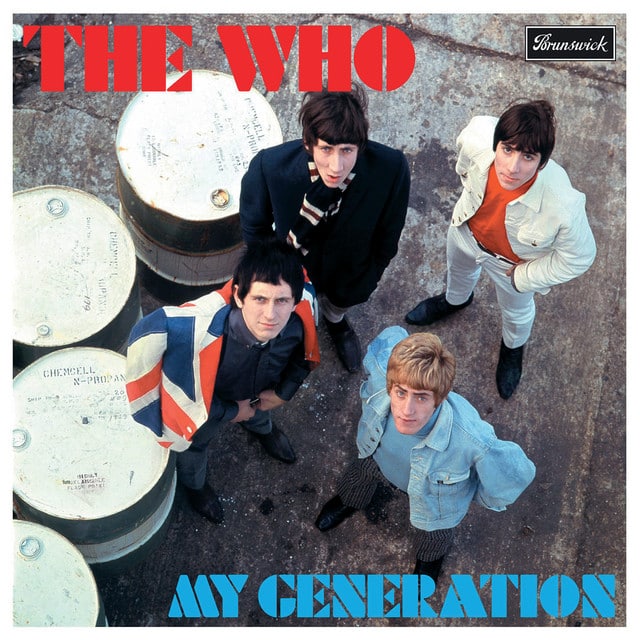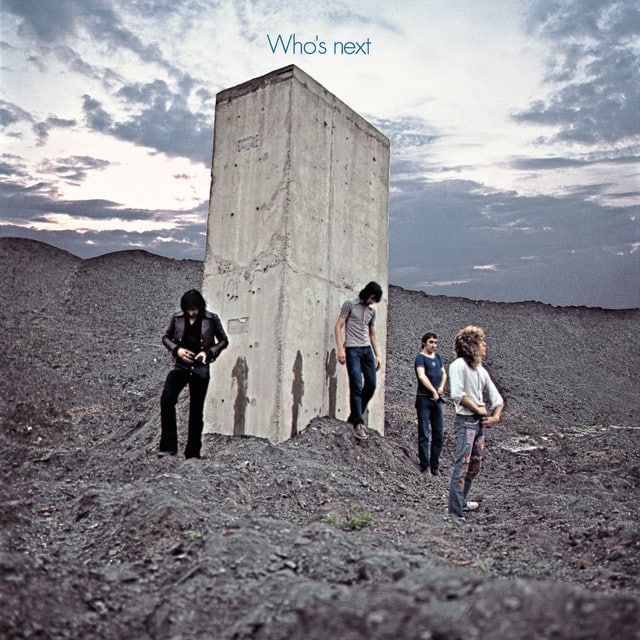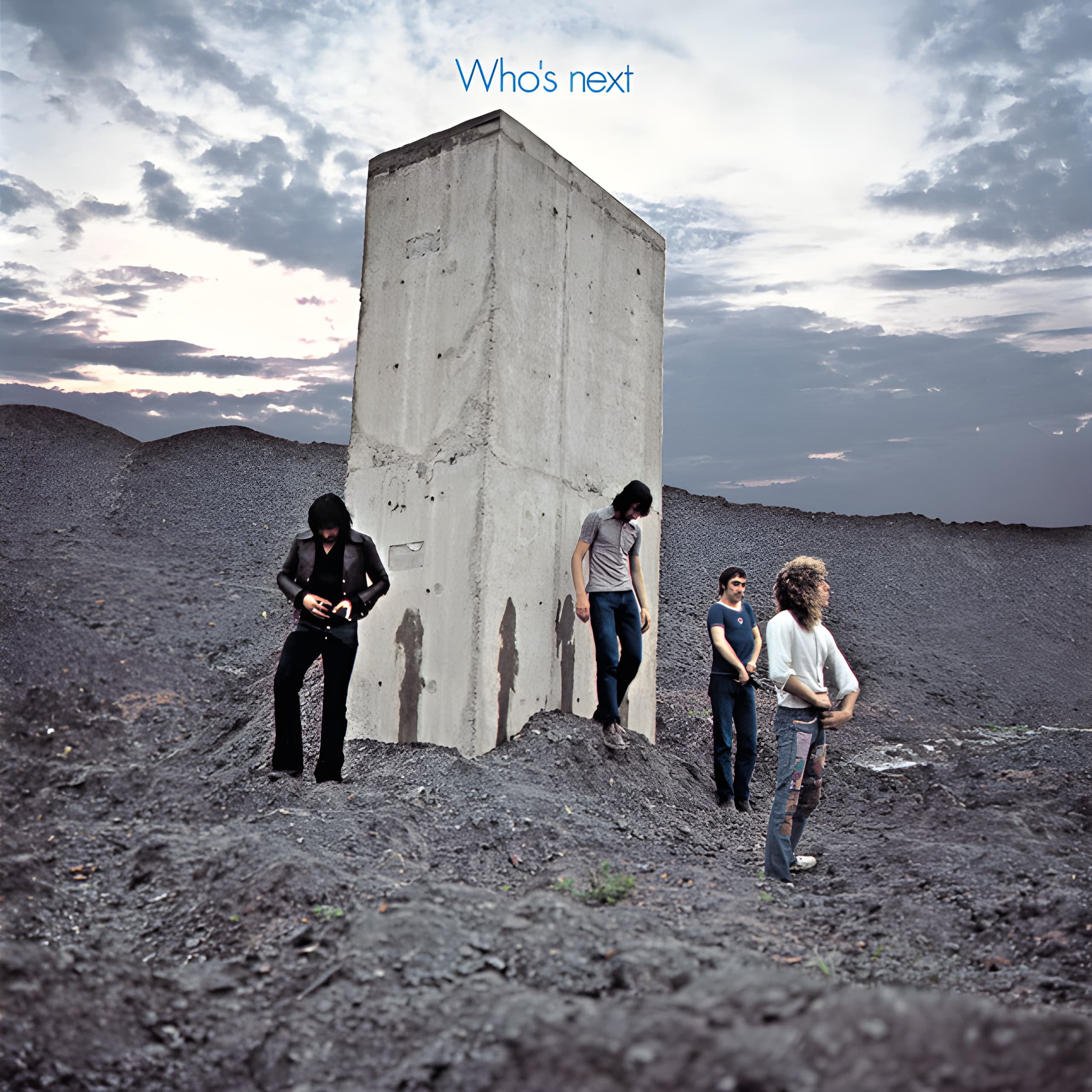Released: 1965
The Who’s early hit “I Can’t Explain” is a frenetic expression of youthful confusion, underpinned by driving garage rock riffs. At the core of the lyrics is a protagonist struggling to articulate the whirlwind of emotions brought about by love. The intensity of these feelings leaves him “dizzy in the head,” “feeling blue,” and haunted by “funny dreams.”
The opening verse introduces us to a narrator grappling with an indefinable inner turmoil. The repeated proclamation “Can’t explain” captures an innate inability to make sense of these feelings, likening them to uncontrolled temperature shifts – “hot and cold.” This metaphor effectively paints a picture of the emotional rollercoaster elicited by romantic endeavors. You could practically visualise the beads of sweat forming on the nervously smitten protagonist, chilled by the wind of uncertainty.
As we dive further into the lyrics, we encounter the phrase, “Dizzy in the head and I’m feeling blue.” Here, ‘feeling blue’ is a common idiom in rock parlance, denoting a state of sadness or depression. The sensation of being ‘dizzy in the head’ symbolizes a mental disorientation, an overwhelmed state induced by the convulsing emotions. The line “Things you’ve said have got me real mad” meanwhile, carries a double meaning. In rock-speak, ‘mad’ could mean insane or angry, both relatable feelings when love strums the heartstrings a tad too roughly.
Our tormented protagonist describes enduring “funny dreams again and again,” suggesting recurring nighttime visions that are perhaps more haunting than humorous. The repetitive nature of these dreams alludes to the inescapable, obsessive nature of his feelings which the conscious mind fails to comprehend, hence, love is the best meaning attributed to his dreams. That being said, he admits, “I know what it means but/ can’t explain.”
And therein lies the magic of “I Can’t Explain.” The phrase “You drive me out of my mind” is a classic expression of love-born madness, a staple theme in rock and roll lore. The Who brilliantly captured the restless spirit of a generation teetering on the precipice of emotional discovery, armed with nothing but an electric guitar and the courage to admit, at full blast: “I think it’s love/ try to say it to you/ when I feel blue/ but I can’t explain.”








